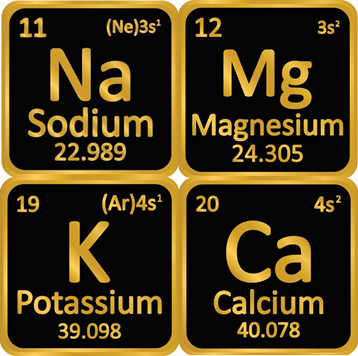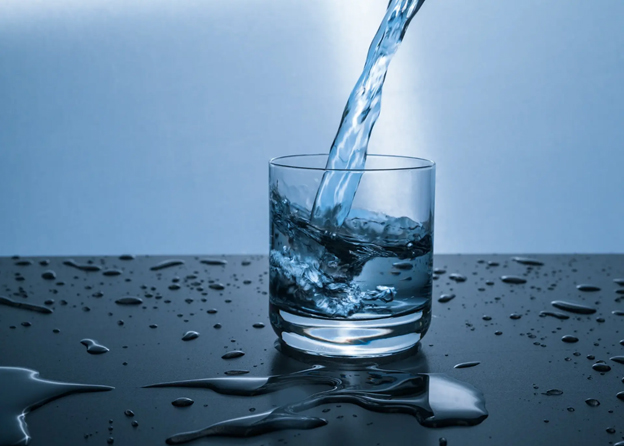What do electrolytes do?
Keywords: electrolyte imbalance, sodium chloride, potassium, calcium, dehydration
Electrolytes are minerals that give off an electrical charge when they dissolve in fluids like blood and urine. Your body makes electrolytes. You also get these minerals from foods, drinks, and supplements. Electrolytes in blood, tissue, urine, and other body fluids play a critical role in balancing body fluids, regulating your heart rhythm and supporting nerve and muscle function.
Electrolytes perform different functions in your body:
- Sodium controls fluid levels and aids nerve and muscle function.
- Potassium supports heart, nerve, and muscle functions. It also moves nutrients into cells and waste products out of them while supporting your metabolism.
- Calcium helps blood vessels contract and expand to stabilize blood pressure. It also secretes hormones and enzymes that help the nervous system send messages.
- Chloride helps maintain healthy blood levels, blood pressure and body fluids.
- Magnesium aids nerve and muscle function. It also promotes the growth of healthy bones and teeth.
- Phosphate supports the skeletal system, as well as nerve and muscle function.
- Bicarbonate helps balance acids and basic alkaline compounds (bases) in blood (pH balance). Bicarbonate also helps move carbon dioxide (a waste product) through your bloodstream.
What are electrolyte imbalance symptoms?
Symptoms of an electrolyte imbalance vary depending on the severity and electrolyte type. A slight electrolyte imbalance may not cause noticeable changes. When problems occur, you may experience:- Confusion and irritability.
- Diarrhea or constipation.
- Fatigue
- Headaches
- Irregular or fast heart rate (arrhythmia).
- Muscle cramps, muscle spasms or weakness
- Nausea and vomiting
- Numbness or tingling in limbs, fingers, and toes.
How are electrolyte imbalances managed or treated?
Treatment depends on the specific electrolyte imbalance and cause. Some imbalances will correct without treatment. To treat dehydration, your provider may recommend rehydrating with electrolyte drinks or an oral rehydration salt (ORS) solution. Your provider can tell you the correct amount of sugar, salt, and water to make this solution at home. Or you can buy ORS packets at a drugstore. Medical treatments for electrolyte imbalances include:- IV fluids like sodium chloride to rehydrate your body.
- IV medicines to restore a healthy electrolyte balance.



